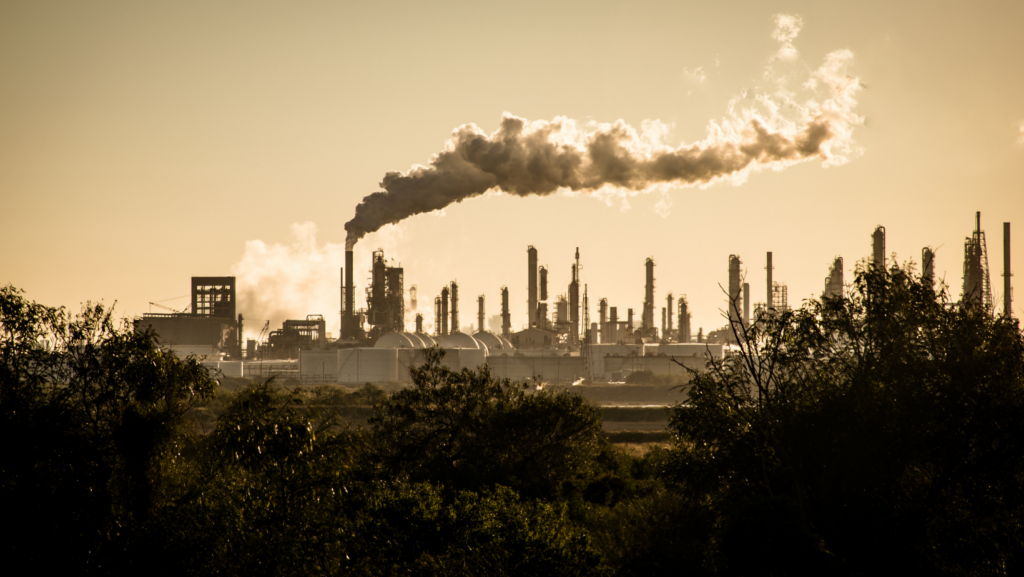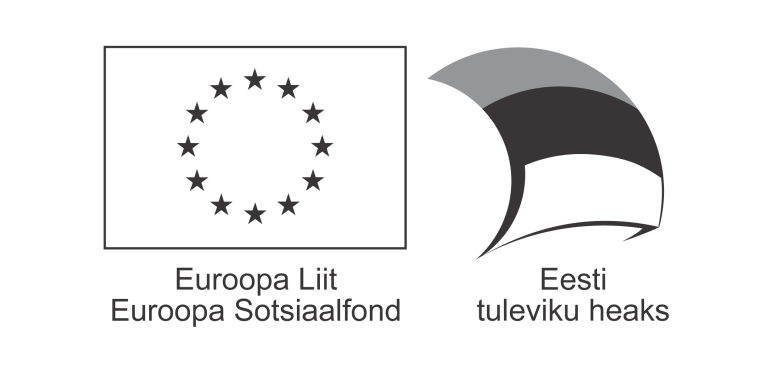Climate change, also known as the climate crisis, is one of the biggest issues facing young people nowadays.
Across the world, increasingly more people have begun to realise that climate change and global warming are two of the greatest threats humanity is up against today. Using fossil fuels (such as coal, oil, and gas) over the last century has caused the earth to warm up, which has devastating effects for the planet.
The Intergovernmental Panel on Climate Change (IPCC) AR6 report stated that it is unequivocal that human influence has warmed the atmosphere, ocean and land and that we are already seeing the effects of global warming through extreme weather and climate events like heat waves, flooding, droughts and more.
In this article, we will try to explain what climate change and global warming are and why they are happening.
What is global warming?
If the world is heating up, why do the winters seem colder?
What is the difference between weather and climate?
Although it may seem like the same thing, there is an important difference between weather and climate.
Weather
Weather refers to the day-to-day change in temperature and conditions in a certain area. For example, one day could be rainy, but the next day sunny. The weather in one area can differ from the weather in another. For example, the same day can be sunny in Tallinn, but rainy in Tartu. Weather changes from one day to the next.
Climate
Climate refers to the weather that is normal in a certain area in each season. Estonia has four seasons. We generally do not experience very high temperatures in summer and winters are snowy and quite cold. The climate can be different in each season, but there is an understanding as to what is normal or summer weather in Estonia.
What is climate change?
What causes climate change?
- Burning fossil fuels
- Intensive farming and agriculture
- Deforestation
What can we do against climate change?
When it comes to taking action against climate change, we have to act now. This means that everyone should take steps to reduce their carbon footprint, but it also means pressuring our governments and companies to take the necessary steps to reduce emissions, as outlined in the UN Paris Agreement.
Source: www.spunout.ie

The article was translated and edited by Liis Enson.







